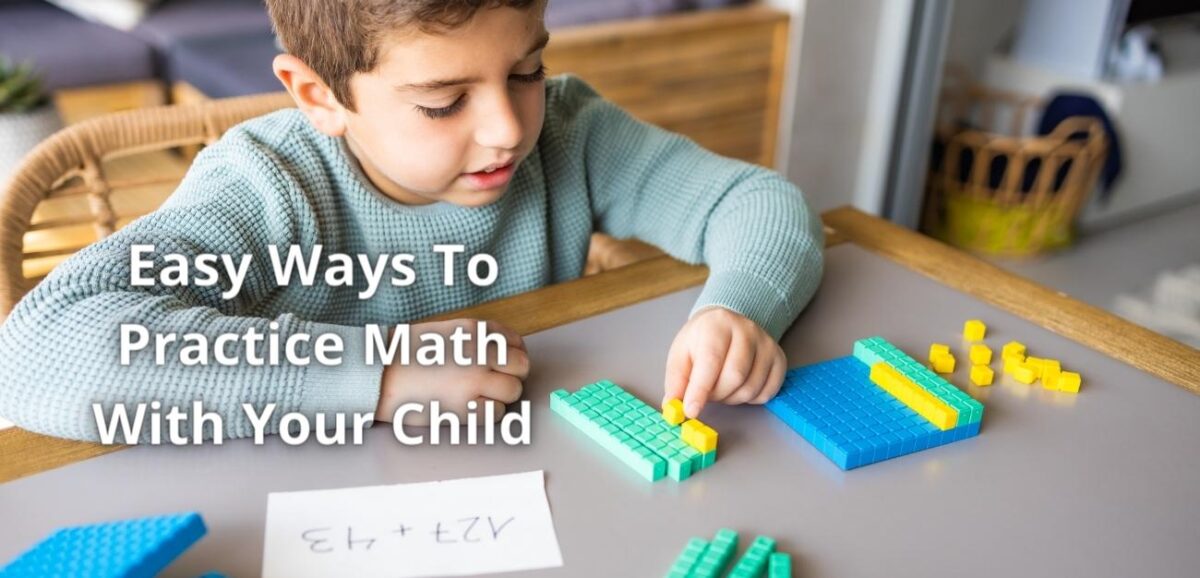For many parents, the prospect of helping their children with math can seem daunting. Fear not if you were a far from a math wiz in school or couldn’t tell a fraction from a decimal. You have the capability to cultivate a love for numbers in your child and here’s how you can do it […]











